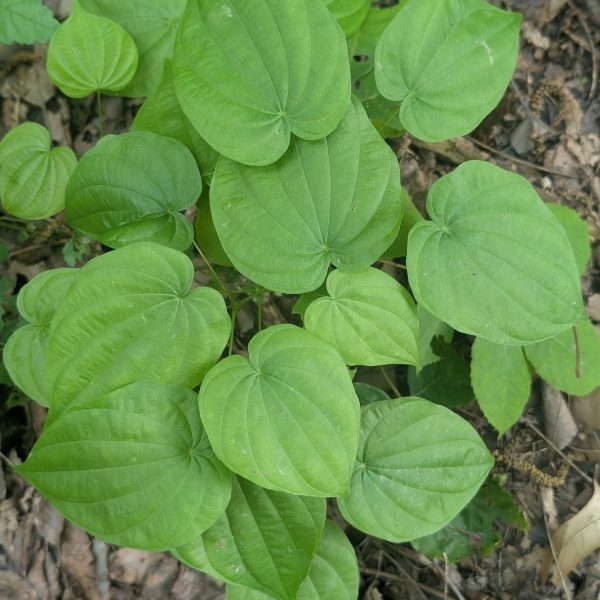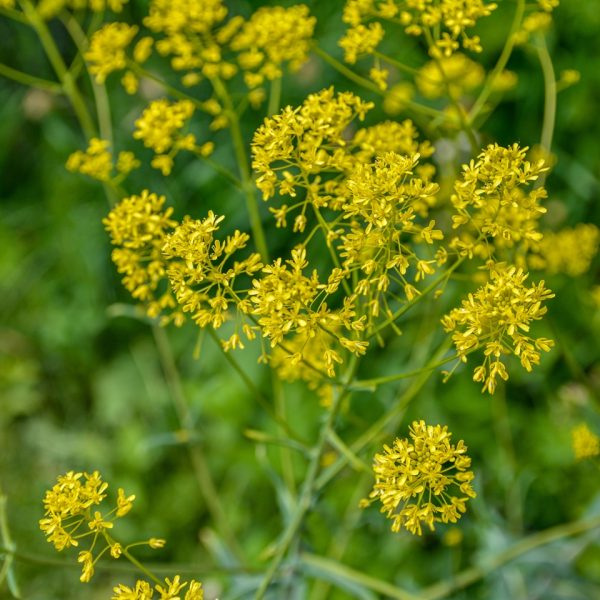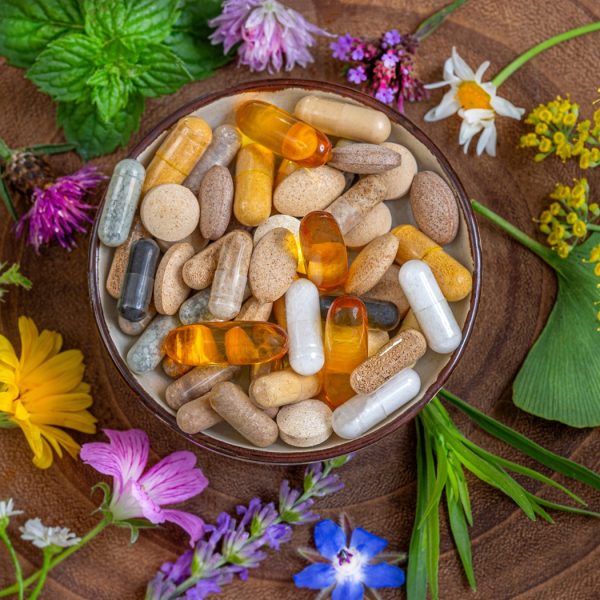In times of health crisis, the potential benefit of botanical drugs and supplements emerges as a focus of attention.
This article was first published as a Research paper and by The American Botanical Council

In times of health crisis, including the current COVID-19 pandemic, the potential benefit of botanical drugs and supplements emerges as a focus of attention, although controversial efficacy claims are rightly a concern. Phytotherapy has an established role in everyday self-care and health care, but, since botanical preparations contain many chemical constituents rather than single compounds, challenges arise in demonstrating efficacy and safety.
However, there is ample traditional, empirical, and clinical evidence that botanicals can offer some protection and alleviation of disease symptoms as well as promoting general well-being. Newly emerging viral infections, specifically COVID-19, represent a unique challenge in their novelty and absence of established antiviral treatment or immunization. We discuss here the roles and limitations of phytotherapy in helping to prevent and address viral infections, especially regarding their effects on immune response.
Botanicals with a documented immunomodulatory, immunostimulatory, and antiinflammatory effects include adaptogens, Boswellia spp., Curcuma longa, Echinacea spp., Glycyrrhiza spp., medicinal fungi, Pelargonium sidoides, salicylate-yielding herbs, and Sambucus spp. We further provide a clinical perspective on applications and safety of these herbs in prevention, onset, progression, and convalescence from respiratory viral infections.
Read the full article here: https://onlinelibrary.wiley.com/doi/epdf/10.1002/ptr.7008
































